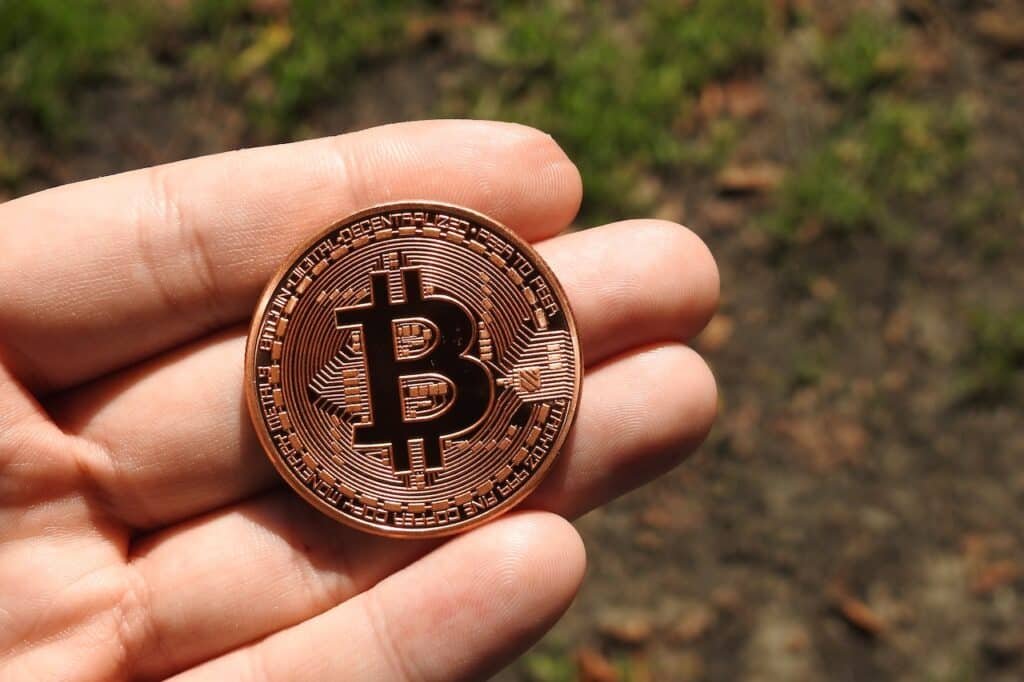With the investment trend set by cryptocurrencies, it is noteworthy that some are still wondering if crypto-assets fall under financial assets, utility tokens or generic digital assets. Learn how they are related in a way without losing their own respective identities. At the end of the day, you should know that cryptocurrencies belong to a special class of intangible assets that bring crypto exchanges to life.

Not a financial asset
Given their peculiar nature, cryptocurrencies do not fall within the class of financial assets. It has no physical attributes but holds value depending on the movement of the free market. The value may go up and down over a period of time. As long as there are many patrons, there is a good chance that prices would be favourable to investors. There is a need to constantly monitor risks to be able to take control of the situation in case of a bubble bursts.
Fair enough, digital currencies are not like any of your traditional financial instruments represented by checks or contracts like bonds and promissory notes that can be issued and endorsed by one person to another with the guarantee of receiving fixed or discounted value thereafter.
The value of cryptocurrencies tends to be speculative. Unless you have come face to face with the current buying and selling prices, you can only hope for the best outcome the next day, the next month, or even the next year. Still, no one is stopping you from making projections. One way to do this is to evaluate the cryptocurrency based on historical data. If you are wondering where to get this, CoinMarketCap is one to use for free. Once you have done your homework, the next vital step is to wisely choose a trading website. The key thing here is to stay away from crypto scams as much as possible. Some reputable platforms to consider include: Bitcoin Loophole, Kraken, Bisq.

Not a utility token
Although the very first cryptocurrency was envisioned as a medium of exchange, it has since then evolved to become an investment unit. This would primarily differentiate crypto coins from digital tokens with limited use. It is imperative to understand the difference between the two so that you can fairly tell whether the assets are worth your money for an investment venture.
Utility tokens like cryptocurrencies come in digital forms. It is for this reason that they can be mistaken for crypto coins although there is a glaring difference. Utility tokens are merely issued to raise funds for a project in exchange for access to a company’s products or services. They are not being issued for investment purposes where subscribers can expect great returns in the future.
Crypto coins, on the other hand, are imbued with a value that may increase or decrease during the holdover period. Subscribers are counting on the free market to secure decent selling prices when it is time to retrieve their funds. More likely, investors would sell when the current record for the highest selling price has been breached. The chances are that they can make the most of their money from these so-called security tokens once sold at their peak value.
Not simply a digital asset

While all cryptocurrencies are digital assets, it appears that the logic does not go the other way around. Intangible assets that are digital in the form are lumped into the category of digital assets where crypto assets belong. This is why it is safe to refer to crypto coins as digital assets knowing that they fall into that certain class of assets.
There is a wide variety of digital files considered assets ranging from audio and video presentations to gaming accounts. How would one qualify as a digital asset? It has to meet the following standards: value, digital form, and accessibility. If it satisfies all the criteria, then it can well be considered a digital asset.
Cryptocurrencies are a special kind of digital asset developed through cryptography. It employs a distinct technology for its creation, which makes it different from its counterparts within the class. These crypto coins can be obtained either by mining or simple procurement. And they can be traded for value as investment units. This is the primary leverage of cryptocurrencies among other digital assets, given the potential returns. Still, the rewards come along with the risks brought about by the unregulated market, which calls for reasonable diligence.
Conclusion
At least now you know that cryptocurrencies are neither financial assets nor utility coins. They belong to a distinct club among digital assets. Thanks to its not-so-typical characteristics that are different from the rest.
